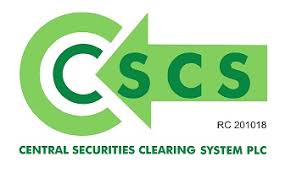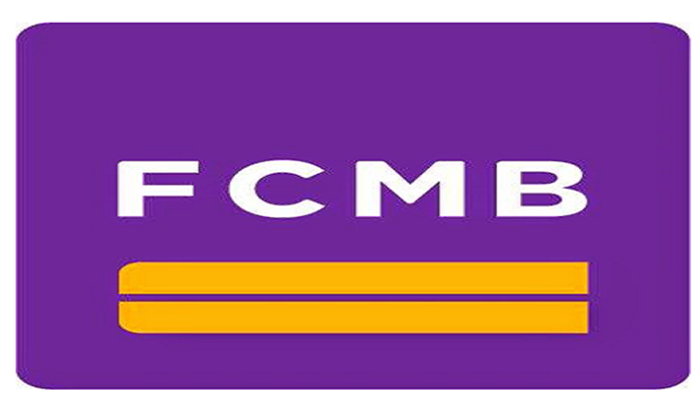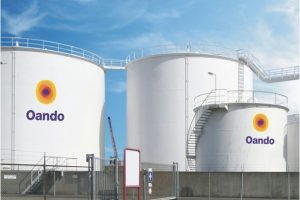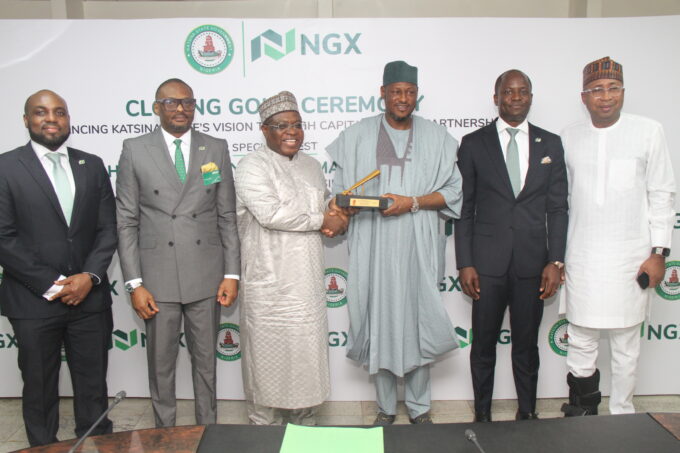Image Credit: Unilever
EPS forecasts over 21f-23f reduced by an average of 11.4%
We have lowered our EPS forecasts over the 21-23f period by 11.4% on average and our price target by 12.7% to NGN14.2 (from NGN16.3 previously) post Unilever’s disappointing results in Q3 ’21. While Q3 ’21 earnings were ahead of losses after tax in Q3 ’20, they were significantly behind our estimate due to higher-than-expected opex. Besides this, topline of NGN19.6bn in Q3 ’21 was largely in line with our estimate of NGN19.8bn. Like Q2 ’21, the elevated average price of Unilever’s portfolio continues to support the company’s topline.
Going forward, we expect earnings to recover in Q4 ’21 with a forecast EPS of NGN0.18 in FY’21, against a loss of -NGN0.69 in FY ’20. Over FY ’22, we believe management will sustain its ambition to grow earnings and reposition the company as a leading FMCG firm in Nigeria. FY ’21 sales forecast is largely unchanged at NGN79.2bn (from NGN79.0bn previously), with food segment sales of NGN40.9bn and HPC sales of NGN28.3bn respectively. We have increased our FY ’21 gross margin estimate by +50bps to 26.5% (from 26% previously), due to the +917bp expansion in gross margin in Q3 ’21. Elsewhere, we have raised opex by 7.5% in FY ’21 to NGN21.0bn (from our prior est. of NGN19.5bn). Down the P&L, we have cut our FY ’21 PAT estimate by 35% to NGN1.1bn (from NGN1.6bn previously) following the increase in opex. Our new price target implies a potential return of 3.9% from current levels.
Our valuation assumptions are unchanged, with a risk-free rate of 12.5%, adjusted beta of 0.8 and equity risk premium of 7.5%. After halting dividends in FY ’19 and FY ’20, we expect a dividend of around 9kobo, which indicates a dividend yield of 1% and a 50% pay-out. Unilever trades on a FY ’22 EV/EBITDA multiple of 4.4x compared with an SSA peer average of 8.2x. Year-to-date, Unilever shares have shed -1.4% vs. the ASI’s +7.4%.
Q3 ’21 earnings disappoint
Unilever’s Q3 ’21 earnings were behind our forecast, despite moderate topline growth of 12.5% y/y to NGN19.6bn. Turnover was supported by a favourable volume/price mix. Gross margin also rose by 917bps y/y and 323bps q/q to 30.6% in Q3 ’21. However, opex rose by 16.2% y/y to NGN5.5bn, weighing down on the bottomline. That aside, the company is in a better financial position, with management sticking to its low credit policy, and cash-based sales.
Source: FBNQuest Research














